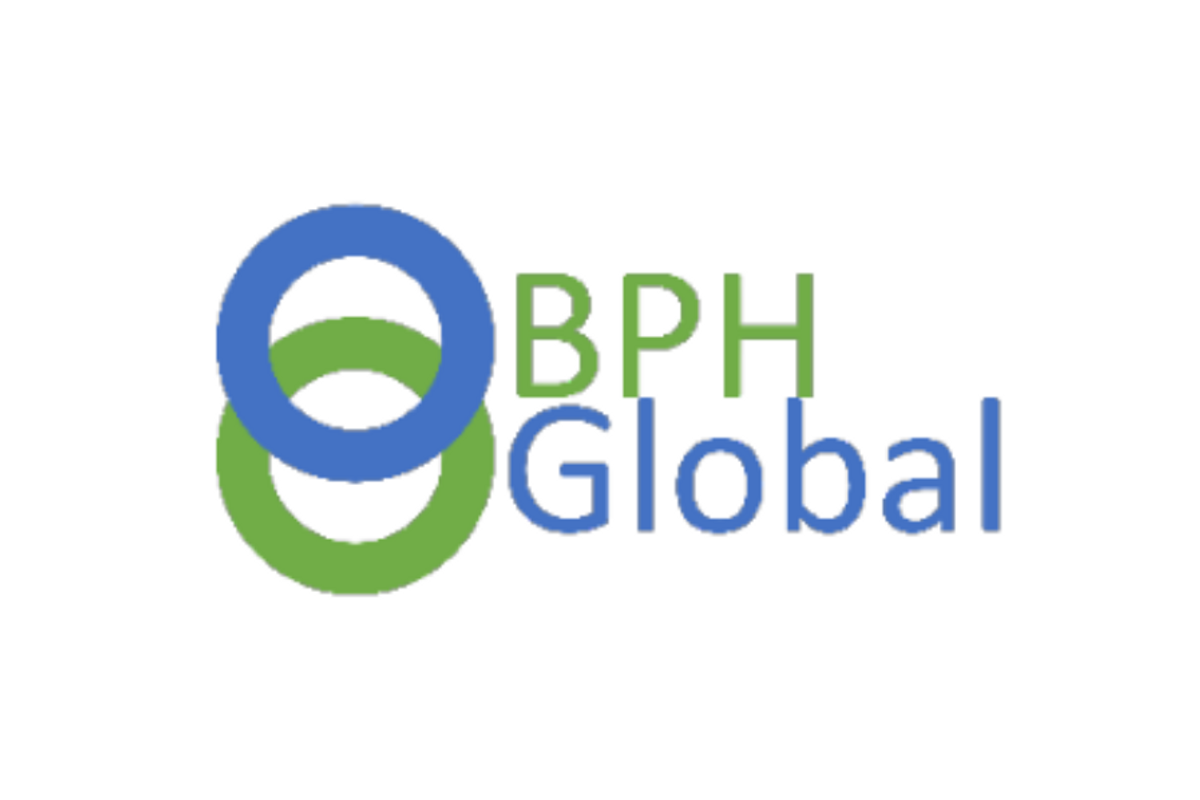
May 13, 2024
The Board of BPH Global Ltd (ASX: BP8) (Company) announces that the Company has entered into a legally binding Term Sheet (Term Sheet) with Australian-based company Nutura Organic Ltd (Nutura) for the purchase of adult milk formula to enable the Company to undertake a pilot study in China.
Highlights
- Purchase of adult milk formula to commence pilot study in China
- Proposed development of adult milk formula products infused with TCM ingredients including sialic acid and nutraceuticals extracted from raw birds’ nest and seaweed
- Focus on sales and distribution in China
Nutura is a Melbourne-based company which produces a range of nutrition products made exclusively from Australian sourced milk including its GB-compliant product "Adult 60+ Milk Formula" (Adult Milk Formula). Nutura is interested in expanding its product and distribution footprint throughout China. “GB compliant” is a reference to a product which has passed the product testing protocols and procedures prescribed by the National Standards of the People’s Republic of China.
As part of it continuing focus on opportunities to purchase or produce food products which deliver Traditional Chinese Medicine (TCM)-based outcomes, the Company is keen to undertake a pilot program in China to test the market for the sale and distribution of Nutura’s Adult Milk Formula and the opportunities to infuse that formula with TCM-based ingredients including sialic acid and nutraceuticals extracted from raw birds’ nest and seaweed (Pilot Study).
By committing to purchase an initial quantity of the Adult Milk Formula, the Company can commence a pilot study in China to determine the feasibility and commerciality of selling the Adult Milk Formula infused with TCM-based ingredients in China, including:
- The cost of shipping the Adult Milk Formula to China and clearing Chinese customs procedures and protocols;
- The cost of obtaining the TCM-based ingredients, either in Australia or China, and infusing those ingredients into the Adult Milk Formula;
- The cost of delivery of the Adult Milk Formula to retail outlets; and
- The level of consumer demand.
Term Sheet
Key terms of the Term Sheet are as follows:
- Product: Adult Milk Formula.
- Quantity and Price: 3,500 units at an aggregate purchase price of approximately AUD35,000, after a rebate provide by Nutura to support marketing and promotional activities associated with the Pilot Study (Purchase Order)
- Nutura to ensure that the Adult Milk Formula is GB compliant.
- The term of the Term Sheet is valid until completion of each of the Company’s and Nutura’s obligations regarding the Purchase Order
- Future Activities: Nutura and the Company will continue to discuss commercial opportunities for the supply of Nutura’s products in the Chinese markets for their mutual commercial benefit with a focus on the Adult Milk Formula infused with TCM-based ingredients and leveraging the Company’s sales and distribution network in China.
This article includes content from BPH Global Ltd, licensed for the purpose of publishing on Investing News Australia. This article does not constitute financial product advice. It is your responsibility to perform proper due diligence before acting upon any information provided here. Please refer to our full disclaimer here.
BP8:AU
The Conversation (0)
01 December 2021
BPH Global
Stemcell United Ltd is a marine and agricultural biotechnology industry. Its only operating segment being sourcing, producing, marketing, and selling traditional medicines.
Stemcell United Ltd is a marine and agricultural biotechnology industry. Its only operating segment being sourcing, producing, marketing, and selling traditional medicines. Keep Reading...
20 February 2025
Exceptional silver and cobalt assays from seaweed
BPH Global (BP8:AU) has announced Exceptional silver and cobalt assays from seaweedDownload the PDF here. Keep Reading...
31 January 2025
Quarterly Activities/Appendix 4C Cash Flow Report
BPH Global (BP8:AU) has announced Quarterly Activities/Appendix 4C Cash Flow ReportDownload the PDF here. Keep Reading...
22 January 2025
Completion of Indonesian Seaweed Joint Venture Transaction
BPH Global (BP8:AU) has announced Completion of Indonesian Seaweed Joint Venture TransactionDownload the PDF here. Keep Reading...
17 December 2024
BPH Global receives funding commitment of A$100,000
BPH Global (BP8:AU) has announced BPH Global receives funding commitment of A$100,000Download the PDF here. Keep Reading...
15 December 2024
Private Placement
BPH Global (BP8:AU) has announced Private PlacementDownload the PDF here. Keep Reading...
Latest News
Interactive Chart
Latest Press Releases
Equity Metals Exhibiting at the 2026 PDAC
06 February
Related News
TOP STOCKS
American Battery4.030.24
Aion Therapeutic0.10-0.01
Cybin Corp2.140.00
